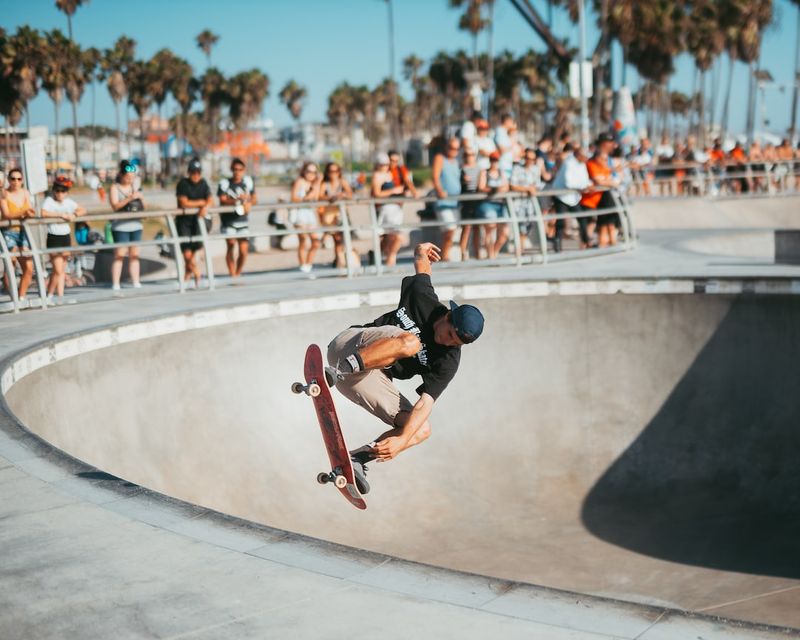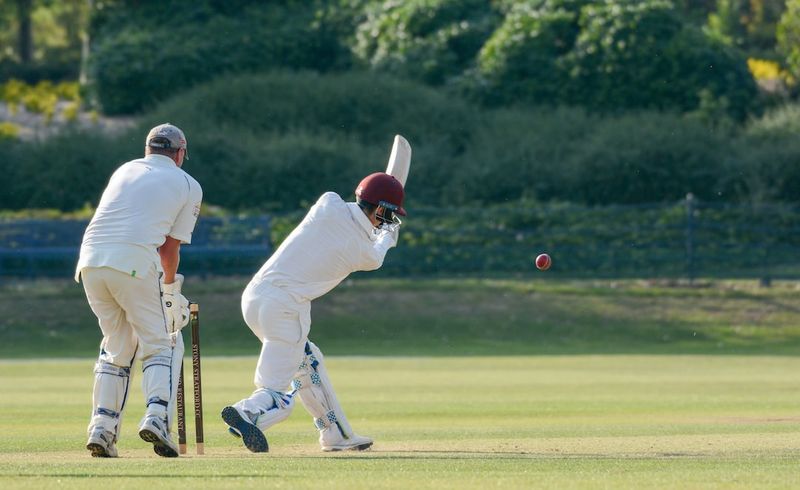Tennis Parents: A Help or a Hindrance in the Making of a Champion?
The Role of Parents in Tennis
When it comes to producing a tennis champion, there is no magic formula. Money, facilities, coaches, and talent are all important, but one constant remains: the presence of parents. While some parents have been instrumental in guiding their children to success, there are also examples of overbearing and abusive behavior that have hindered their children’s development. The question arises, then, whether having tennis parents is beneficial or detrimental to a player’s trajectory.
The Case of Judy Murray
Judy Murray, the mother of tennis stars Andy and Jamie Murray, is often cited as an example of a dedicated and supportive tennis parent. With her guidance, both of her sons reached the number one ranking in the world. Judy not only provided mentorship and coaching, but she also served as an unpaid taxi driver, shuttling them to tournaments across the country. Her involvement played a vital role in their success.
The Dark Side of Tennis Parenting: Jim Pierce and Damir Dokic
However, not all tennis parents have a positive impact. Jim Pierce infamously shouted abusive remarks during his daughter Mary Pierce’s matches. Damir Dokic’s aggressive behavior resulted in his ban from the tour. These extreme cases highlight the dangers of overbearing and negative parenting in the world of tennis.
The Advantage of Tennis Background
It is often suggested that having parents who played tennis themselves, especially at a high level, is an advantage for aspiring young players. Carlos Alcaraz, one of the rising stars in tennis, comes from a tennis background, with his father running the academy where he learned to play. Other players who have had success in the sport also come from tennis families, such as Sebastian Korda, Alexander Zverev, Denis Shapovalov, and Tracy Austin’s son, Brandon Holt. Additionally, several top players have parents who excelled in other sports, indicating that a sporting background can provide valuable skills and discipline.
Marion Bartoli’s Unique Journey
Marion Bartoli, the 2013 Wimbledon champion, is an example of a player who did not come from a tennis family. Bartoli and her father, who had little experience in the sport, learned and adapted as they went along. Bartoli believes that not having “tennis parents” helped her succeed, as the lack of knowledge served as a strength, allowing her to approach the sport with fewer limitations. She attributes her candidness and open-mindedness to her unconventional journey and emphasizes the importance of having the desire to keep going despite the challenges.
The Role of Experience and Pressure
Jessica Pegula, the women’s world number four, provides an interesting perspective on the matter. Although her parents were not from a tennis background, she feels that their involvement in the sport sometimes adds unnecessary pressure. Pegula suggests that having parents who were players could be helpful, as they would understand the challenges their children face. However, she cautions against putting too much pressure on young players.
Conclusion
The role of parents in tennis is complex and multifaceted. While some parents have played a crucial role in nurturing champions, others have been detrimental to their children’s development. The advantage of having tennis parents or parents with a sporting background can provide valuable support and understanding. However, it is important for parents to strike a balance between involvement and pressure, allowing their children to grow and develop without overwhelming them with expectations. Ultimately, every player’s journey is unique, and what works for one may not work for another.

<< photo by Jordan Whitt >>
The image is for illustrative purposes only and does not depict the actual situation.




